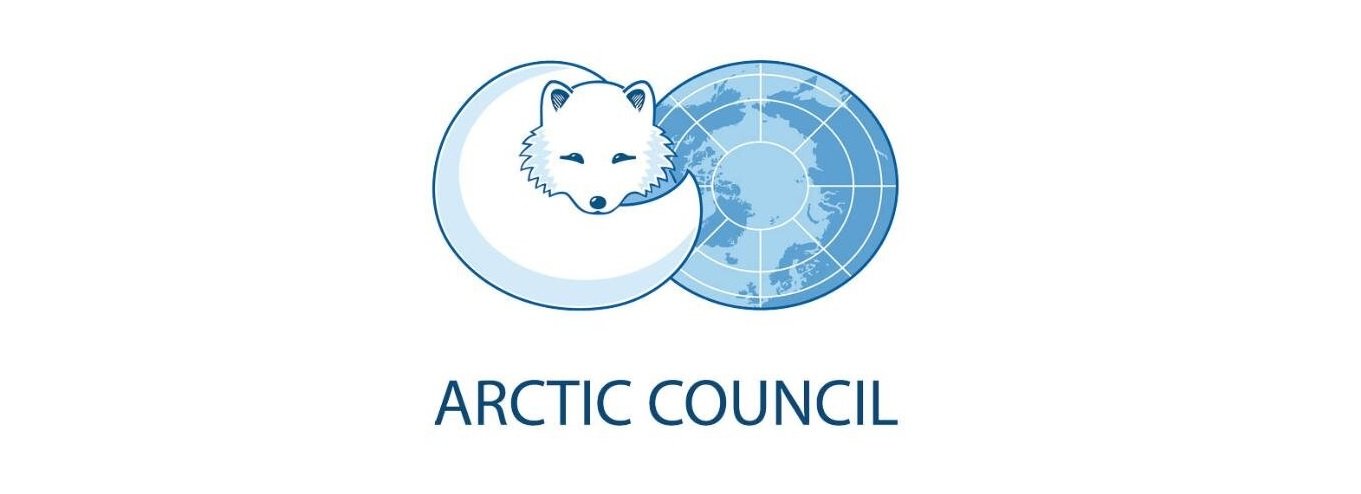The Arctic Institute's Reaction to the Arctic Council's Decisions on Permanent Observers

Contacts
Mihaela David, Washington, D.C., mihaela.david@thearcticinstitute.org, +1 518.491.8398
Malte Humpert, Washington, D.C., malte.humpert@thearcticinstitute.org, +1 202.656.6258
Andreas Østhagen, Brussels, andreas.osthagen@thearcticinstitute.org, +32 485.414.367
Washington D.C., 15 May 2013 – In response to the Arctic Council decision to grant permanent observer status to six applicants, including China, Malte Humpert, Executive Director of The Arctic Institute, said:
“During the ministerial meeting in Kiruna, the eight Arctic Council members decided to grant China, India, Japan, South Korea, Singapore and Italy permanent observer status. The European Union’s application was also officially accepted, although the EU will not become a permanent observer until it has resolved some final disagreements with Canada, primarily concerning the EU’s ban on the import of seal products.”
“China’s successful bid comes on the heels of a flurry of political and economic efforts in the region over the past two years. The country’s growing partnerships with some of the smaller Arctic states, especially Iceland, appear to have paid off. While the decision to grant China permanent observer status changes little in terms of decision-making power, the symbolic importance for China should not be understated. China has identified the Arctic as a strategically and geopolitically valuable region and aims to project its influence through regional political and economic partnerships. Having a seat at the table, albeit only as a permanent observer, has long been an essential part of the country’s regional strategy,” concluded Humpert.
With regards to the EU’s application Andreas Østhagen, a Senior Fellow at The Arctic Institute elaborated:
“During the run up to the Council meeting, it appeared possible that Canada might block the EU’s application, citing its lack of respect for traditions of indigenous communities, as demonstrated by the Union’s ban on seal products. The EU has worked vigorously over the last few years to legitimize its role as an Arctic actor, but its import ban on seal products has been a constant blemish on its aspirations to a permanent observer seat at the Arctic Council. However, given the EU’s impact on the Arctic at large, and in particular the European part of the Arctic, one could ask if it would not be better to include the Union sooner rather than later. It will be interesting to see how long Canada chooses to delay giving the EU the rights of a permanent observer and what this means for Brussels-based interest in Arctic affairs.”
“The EU’s interest in the Arctic is not a reliable constant, and Canada, as well as the other Arctic states, would probably benefit more from its inclusion, rather than its exclusion,” concluded Østhagen.
Mihaela David, Fellow at the Arctic Institute, added:
“Granting these countries permanent observer status was a way to appease critics and signal that the Arctic Council is an inclusive forum that gives voice to interested parties. The move was probably seen as politically shrewd, perhaps to obviate the creation of alternative forums for discussing Arctic issues.”
“There were, however, hidden costs to the debate over permanent observers. Much effort was devoted to this comparatively symbolic matter, when that time could have been better spent addressing the many pressing challenges the region is facing. While the Arctic Council completed the work of finalizing a binding oil spill preparedness and response agreement, the negotiations over admitting permanent observers distracted media attention from the actual work of the Council. Rather than highlighting the cooperative atmosphere the Arctic Council has been operating in for many years, this debate was often used to paint a picture of potential conflict in the Arctic.”
“Moving forward, the Arctic Council needs to focus its time and energy on a host of challenges that lie ahead, such as fisheries management and protection and maritime navigation safety. It also needs to focus on the implementation of the two agreements – to test, evaluate and improve the capabilities and coordination mechanisms for both search and rescue and oil spill preparedness and response.”
“The Arctic Council should also be aware of possible pitfalls of the more “internationalized” forum. Now that more parties are given a seat at the table, Arctic states should make a concerted effort to take into account the interests and concerns of indigenous groups, who fear their voices will be diminished within the Council.”
“Successful Arctic governance will reconcile competing interests in a way that benefits the people living in the Arctic, Arctic states, and non-Arctic actors with legitimate interests,” concluded David.